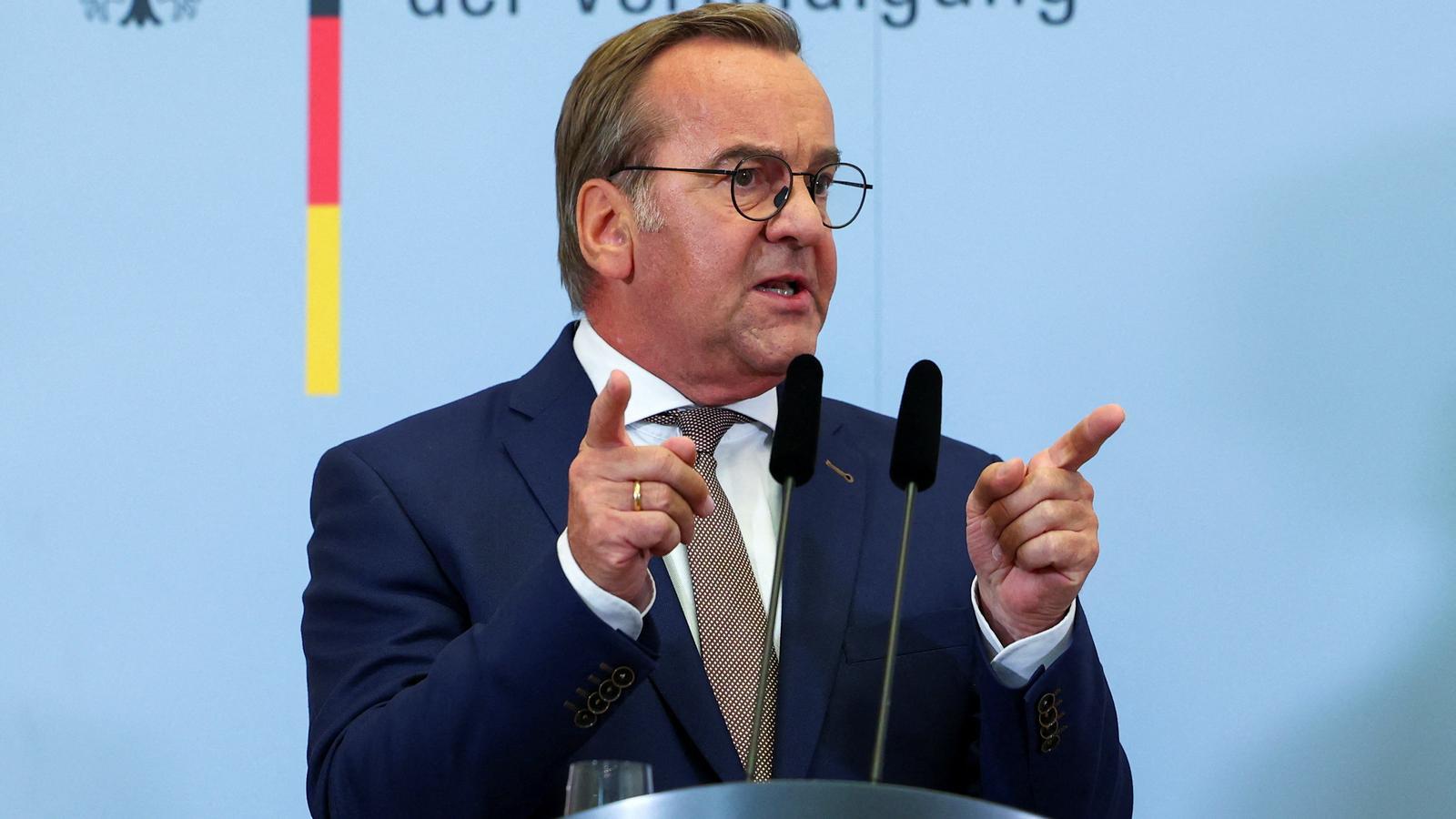Germany reinstates military service to counter Russian threat
In principle they will be volunteer soldiers, but the door is open to compulsory recruitment if there are not enough candidates.

BarcelonaThe German government approved this Wednesday the project to reinstate military service with the aim of increasing the number of currently active soldiers by 80,000. They want to have 260,000 soldiers to confront the security threats posed by Russia following its invasion of Ukraine. Initially, recruitment will be limited to volunteers, but the text opens the door to making it mandatory.
Chancellor Friedrich Merz and Defense Minister Boris Pistorius justified the plans by citing the Russian threat and Germany's responsibility to have the largest conventional army in Europe, in line with the country's size and economic capacity, to support its defense. According to Pistorius, the current security crisis in Europe requires more troops, so it is necessary to make armies more attractive. "We want to attract more young people by making training and remuneration more attractive," the minister insisted. The recruits' salary will be approximately 2,000 euros net per month, and the Army will assume full payment for healthcare services.
The German government's intention is to start with 15,000 new recruits, with the goal of reintroducing mandatory registration next year, abolished in 2011. This means that all men who turn eighteen will have to answer whether they are willing to join the army and, if so, whether they feel willing to do so. During this time without mandatory military service, military personnel have steadily declined, although numbers have recovered since the Russian invasion of Ukraine.
The Social Democrat Pistorius is confident that the set goals will be achieved through voluntary recruitment. "The experience of other countries, such as Sweden, shows that the military can be strengthened by improving its attractiveness," he said in an appearance at the headquarters of the Ministry of Defense, the venue chosen for the announcement instead of the usual chancellery.
Among the initiative's critics are Chancellor Friedrich Merz's conservatives, who are pushing for the bill to automatically lead to compulsory military service if the objectives are not met.
